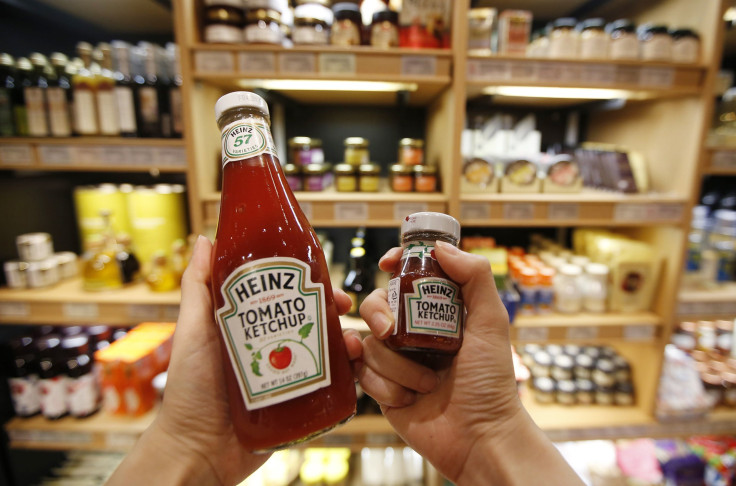Heinz Australia faces ACCC flak over Little Kids Shredz products; ‘Healthy’ toddler food mostly sugar

The Australian Competition and Consumer Commission (ACCC) has alleged that an infant food, manufactured by H.J. Heinz Company Australia Ltd (Heinz), which claims to be almost entirely vegetables and fruits, is actually mostly sugar. ACCC is taking Heinz Australia to court over its Little Kids Shredz products for apparently making false and misleading representations.
The ACCC has also alleged that Heinz engaged in conduct, liable to mislead the public, in relation to the suitability, characteristics and nature of the products, in contravention of the Australian Consumer Law. The packaging of the Little Kids Shredz products has images of healthy vegetables and fruits.
The product packaging also has statements such as “99 per cent fruit and veg,” when they contain more than 60 percent sugar.
“The ACCC has brought these proceedings because it alleges that Heinz is marketing these products as healthy options for young children when they are not. These products contain over 60 per cent sugar, which is significantly higher than that of natural fruit and vegetables - for example, an apple contains approximately 10 per cent sugar,” ACCC Chairman Rod Sims said in a press release.
Sims will also allege in the Federal Court that the Heinz Shredz products inhibit development of a child’s taste for natural vegetables and fruits. The ACCC’s allegation came after a complaint by the Obesity Policy Coalition about food products for toddlers.
The Little Kids Shredz products come in various flavours such as “strawberry and apple with chia seeds,” “berries apple and veg” and “peach apple and veg.”
“The ACCC wants to make clear that major companies have an obligation under the Australian Consumer Law to ensure products’ health claims do not mislead the public. As part of the ACCC’s current focus on consumer protection issues arising from health claims by large businesses, we are particularly concerned about potentially misleading health claims for products being marketed for very young children,” Sims said.





















